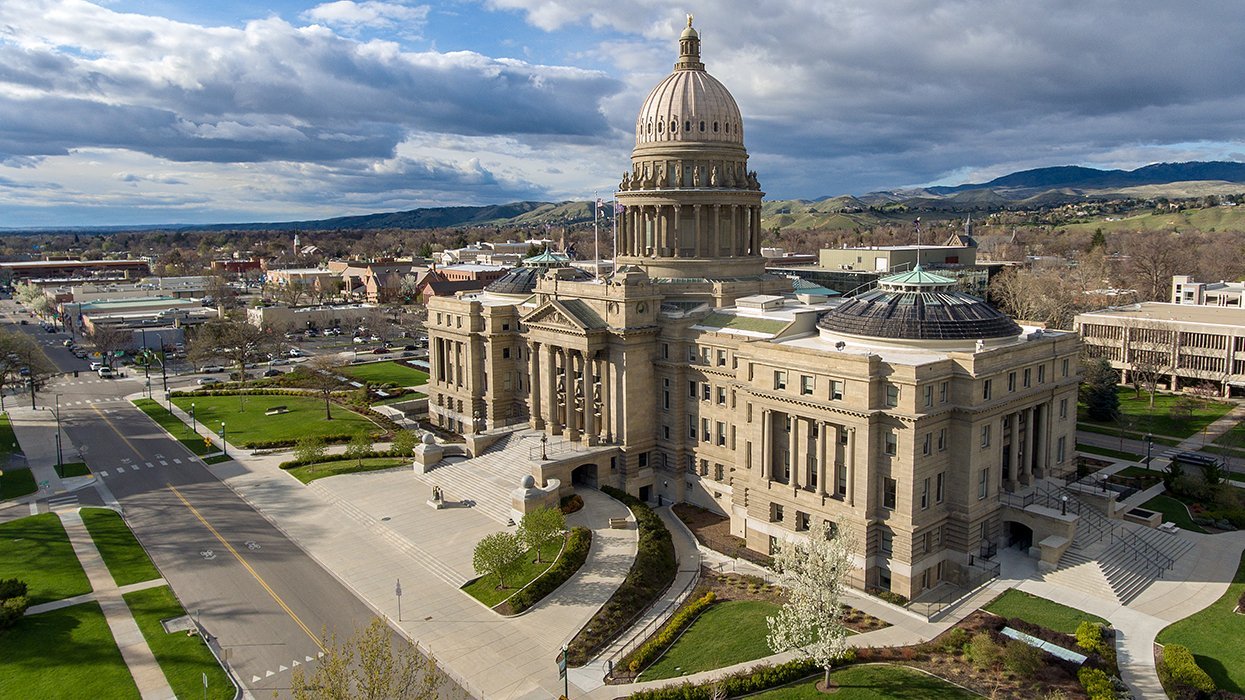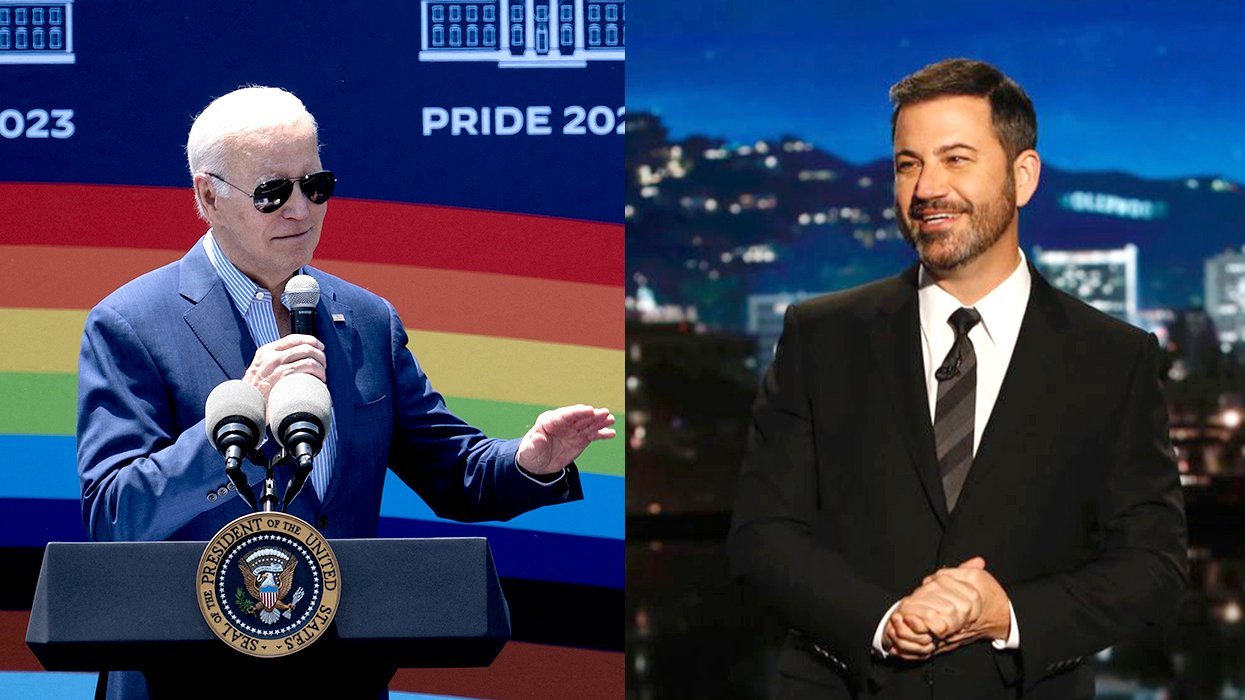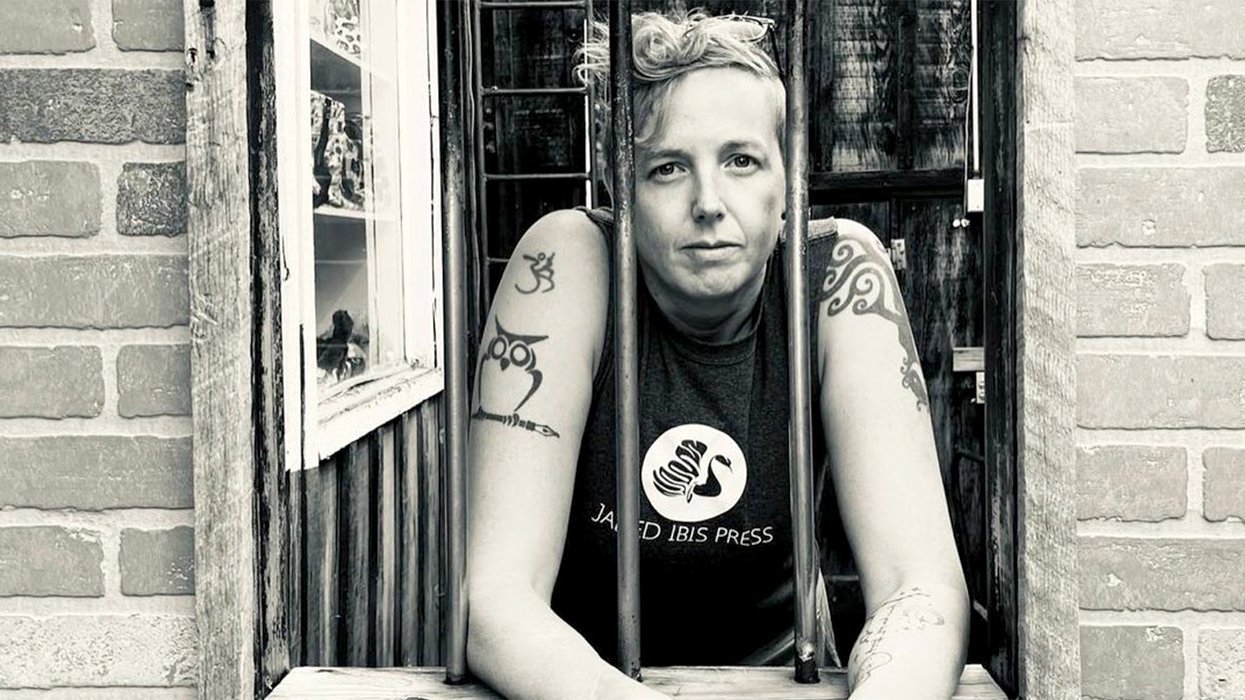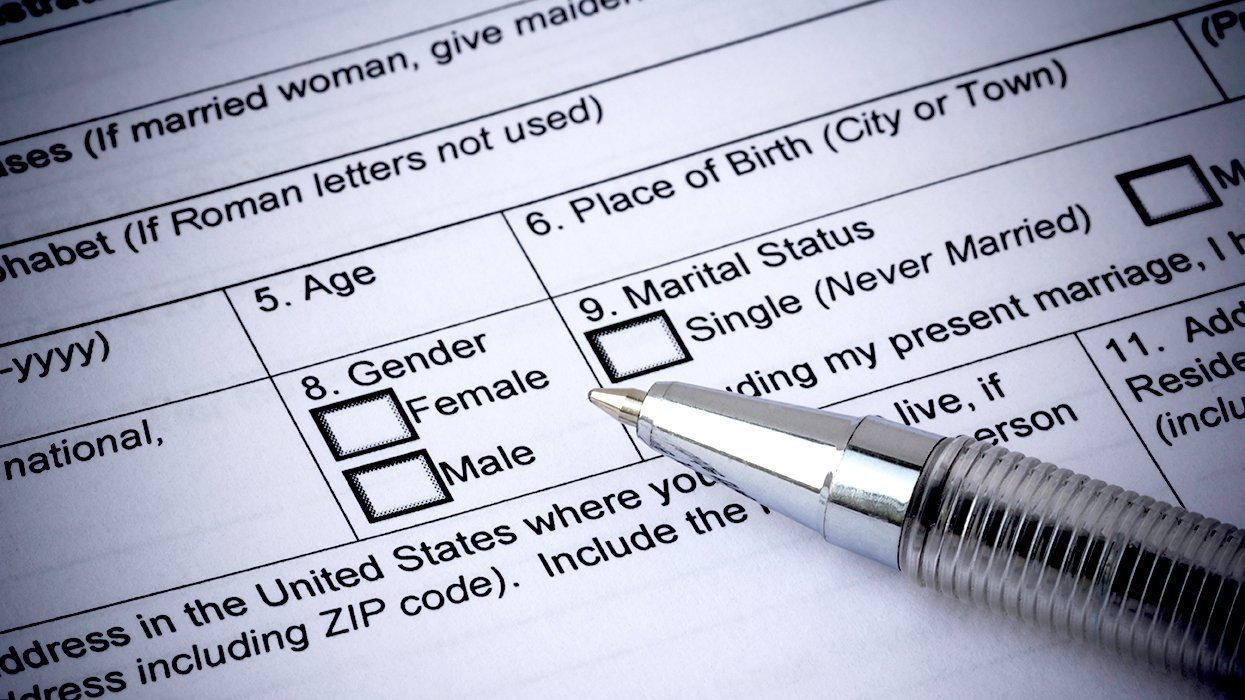As they await a
New Jersey Supreme Court decision on same-sex marriage in
the Garden State, social conservatives say they are prepared
to take the fight to the ballot box if they lose in
the legal arena. "If we get to an imminent threat, if
we get to the point where marriage is going to be
decided by the court, shouldn't we get to weigh in an issue
of such magnitude?" said Len Deo, president of the New
Jersey Family Policy Council.
Like advocates for same-sex marriage, New
Jersey's conservative lobbyists and lawmakers are
gearing up for a political battle in the aftermath of
the court's ruling in the landmark case of Lewis v.
Harris, in which seven gay couples contend not letting
them marry is a violation of the state constitution. A
decision could come any time and is expected by
October 25, the day before Chief Justice Deborah T.
Poritz turns 70 and is required to retire.
New Jersey is one of only five states without a
specific ban on same-sex marriage. But municipal
clerks in the state cannot grant marriage licenses to
same-sex couples because the state Attorney General's Office
has said that same-sex marriage is not lawful. The
plaintiffs in the lawsuit say they should be able to
get marriage licenses.
Whichever side loses in court will be at a
disadvantage when they turn to the political arena to
plead their case: The losers will try to persuade
lawmakers to act. The winning side simply can ask the
Legislature to do nothing. Several of the state's most
prominent politicians, including Governor Jon Corzine,
have said while they do not favor same-sex marriage,
they oppose amending the constitution to ban it.
That's a position the conservatives would have
to overcome in their efforts to let citizens vote on a
constitutional amendment. Before a measure can get on
the ballot, it has to pass both chambers of the state
Legislature with a three-fifths majority or get a simple
majority in each house in two consecutive legislative years.
Garden State Equality, New Jersey's main gay
rights organization, has already been asking lawmakers
not to support such an amendment and has commitments
from Democratic and some Republican lawmakers. John Tomicki,
the chairman of the New Jersey Coalition to Preserve and
Protect Marriage, said some of those lawmakers would
change their minds in the face of public pressure.
He said the key is not convincing them that
same-sex marriage should be banned but that the public
should be able to decide the issue. "With the entire
Legislature up for re-election, they're going to say, 'So
sorry, not interested in having the public vote about
this'?" Tomicki said.
So far, voters in all 19 states where a
constitutional amendment to define marriage as being
only between one man and one woman has been offered
have approved them. In gay-friendly and Democratic-leaning
New Jersey, the issue has not received serious
discussion in a Legislature that is one of a handful
in the nation to approve domestic partnership benefits
for same-sex couples.
And while same-sex marriage opponents'
track record in changing state constitutions is good,
New Jersey has demographics unlike most of the
country. While the people who lead the charge against
expanding gay rights in most states are evangelic
Christians, it's a more complicated coalition here:
Conservatives are counting on immigrants and religious
blacks who usually vote Democratic, and hope that the
state's large Roman Catholic population falls in line
with church leaders, who oppose marriage equality.
Like elsewhere, conservatives in New Jersey say
allowing same-sex marriages could undermine the
traditional family, hurt children, give people special
rights based on their sexual practices, and even open the
door to allowing polygamous marriage. They also say the
court would be overstepping its bounds by getting
involved in a policy issue that should be the domain
of elected lawmakers. Gay-rights supporters deny all those
claims and say the issue is a matter of civil rights.
A poll by the Eagleton Institute of Politics at
Rutgers University this summer found that about half
the state's voters favor allowing
same-sex marriage and about the same percentage oppose
an amendment to ban it.
The New Jersey Family Policy Council's Deo said
a vote would give groups like his a chance to change
people's minds on the issue. "A lot of people are not
paying attention to it because it's not a real issue to
them," he said.
Even in advance of a ruling, conservative
lobbyists are mobilizing to persuade the Legislature
to let the people vote by laying the groundwork for
petition drives, placing newspaper advertisements, and
lining up local officials to record messages for a
phone campaign.
Ingrid Reed, director of the Eagleton New Jersey
Project, said the efforts might not work in the Garden
State. "I'm not sure that we will see other voters
identifying with the more conservative view and
getting mobilized on this issue," Reed said.
Opponents of same-sex marriage say they know the
political fight in New Jersey would be harder than in
most states. "Just because something's hard to do
doesn't mean you don't do it," said William F. Bolan Jr.,
who recently retired as executive director of the New Jersey
Catholic Conference. (AP)



















































































